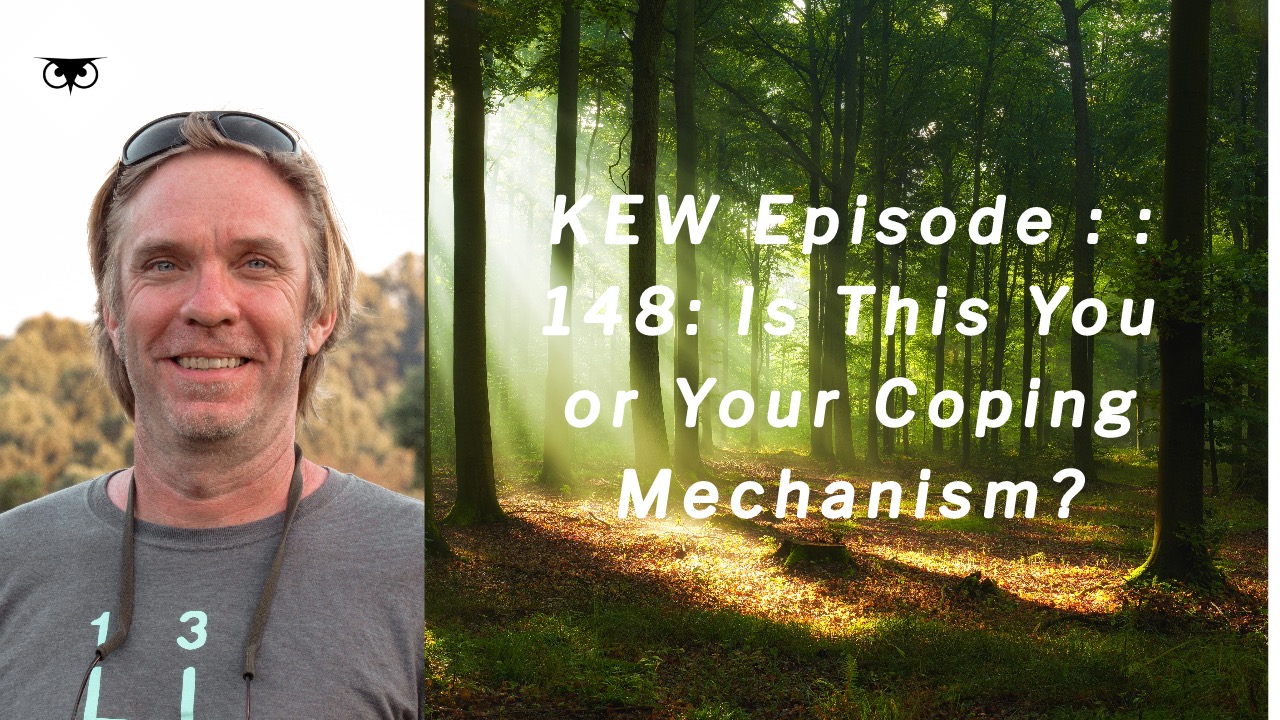
Do you remember the term ‘coping mechanisms’? We used to hear this phrase often, usually when people were referring to our bad habits.
Like, smoking is a coping mechanism for stress. Avoiding conflict is a coping mechanism for people who don’t want to get involved. Denial is a popular coping mechanism for avoiding hurtful truths.
Though the term ‘coping mechanism’ has sort of gone out of style, we still talk about the same phenomenon.
We talk about people wearing masks and changing our personalities depending on who we talk to.
We talk about limiting beliefs affecting how we navigate our lives.
All of these terms describe how we can respond to life in ways that aren’t necessarily how we would choose to act. It’s like our reaction to things depends on the situation. In different situations, we employ different reactions or strategies.
This is most obvious to me when I take psychological tests or quizzes. I had to do this recently with my therapist. I found myself thinking ‘it depends’ in answering many of the questions.
For example, a classic Meyers-Briggs personality question is about introversion vs. extroversion. A question might be something like,
- Do you enjoy being in a crowd of people?
Well, yes and no. It depends! Or sometimes we think, “I don’t know”.
Another example is related to autism.
- Do you find it difficult to make eye contact with others?
Again, it depends!
In this case, I do find it difficult BUT I have learned to make an effort to have eye contact because I understand it improves communication.
So, which is it?
This got me thinking about coping mechanisms, limiting beliefs, masks, and how we alter our behavior in different situations.
Most importantly, it made me wonder who I am and where is my Self.
In Internal Family Systems Therapy, Richard Schwartz describes how personality is comprised of multiple parts. These parts perfectly address these coping mechanisms.
Dr. Schwartz describes how trauma, or uncomfortable situations, can lead us to create masks or sub-Selves that help us navigate our lives. We learn to alter our behavior to protect ourselves.
Thus, there are many attempts to understand how and why we wear masks in our lives to cope with stress.
In the end, I think it comes down to this:
- If we aren’t getting our needs met, we implement strategies we learned as children
- Many of these strategies no longer work for us as adults
- If we can figure out how to meet the unmet needs we no longer need the mask
Life, then, becomes about finding our Self and discarding the masks we wear.
I hope this episode will help you on your journey of self discovery.
Please subscribe to my podcast, YouTube channel, and/or this blog for updates and notifications.
Podcast audio stream:
https://www.buzzsprout.com/530563/13822448
YouTube:
Discover more from Revolutionizing human evolution
Subscribe to get the latest posts sent to your email.

